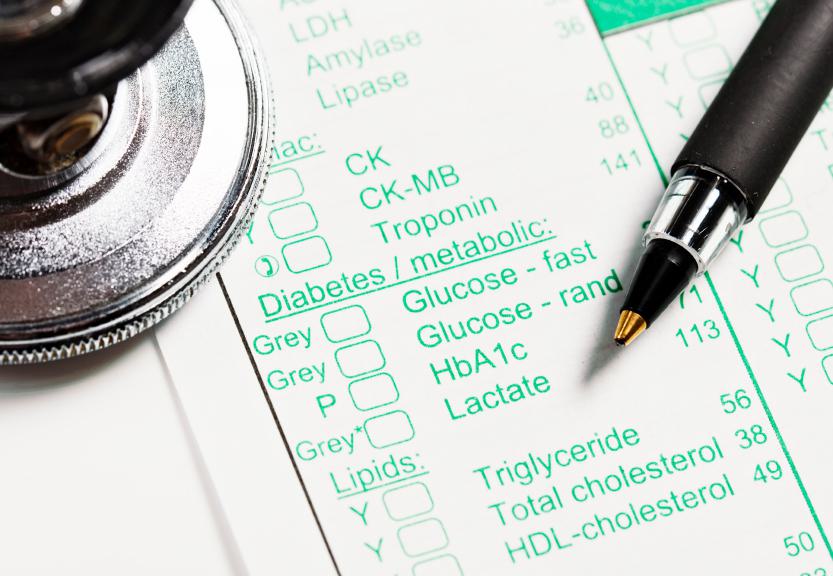Gestational Diabetes

Gestational diabetes occurs when the mother has high blood glucose levels during pregnancy. This happens in more than 15% of pregnancies in the U.S., and can happen even in women who have never had diabetes before. The cause of this condition is not known, but is commonly seen late in pregnancy when the mother develops insulin resistance, leading to the buildup of glucose, known as hyperglycemia.
Gestational diabetes is a treatable condition that can be detected by a simple, non-invasive screening during pregnancy. Detection can allow for effective treatment, including a modified diet, moderate exercise, and possibly antidiabetic medication, decreasing the risk for both mother and baby.
If left untreated, this condition may cause the baby to develop high glucose levels. The extra glucose is stored as fat, and can cause the baby to be larger than normal, a condition known as macrosomia. The mother is at an increased risk for developing preeclampsia, type 2 diabetes, and possibly requiring a caesarian section. In addition to the problems associated with delivering a larger baby, the newborn could be at a higher risk for respiratory problems, obesity, type 2 diabetes, seizures, or even stillbirth. If you have greater than normal pregnancy weight gain, or have had gestational diabetes in other pregnancies, you should ask your obstetrician to be certain you have been screened for it.
Of course, if you have legal questions related what you believe may be a birth injury that could have been avoided, contact us today.

